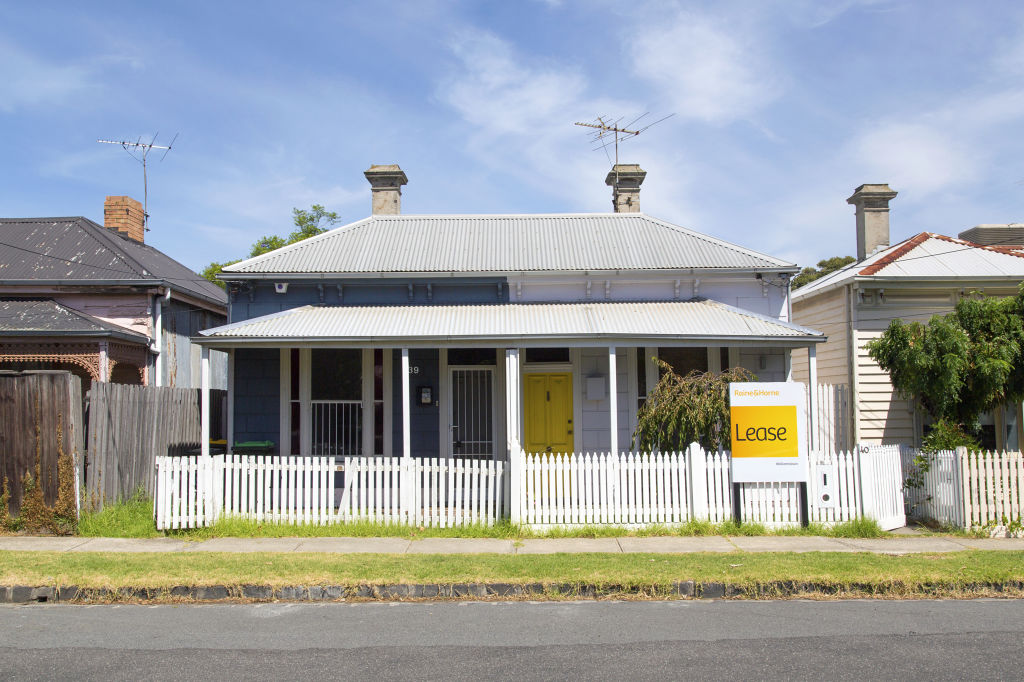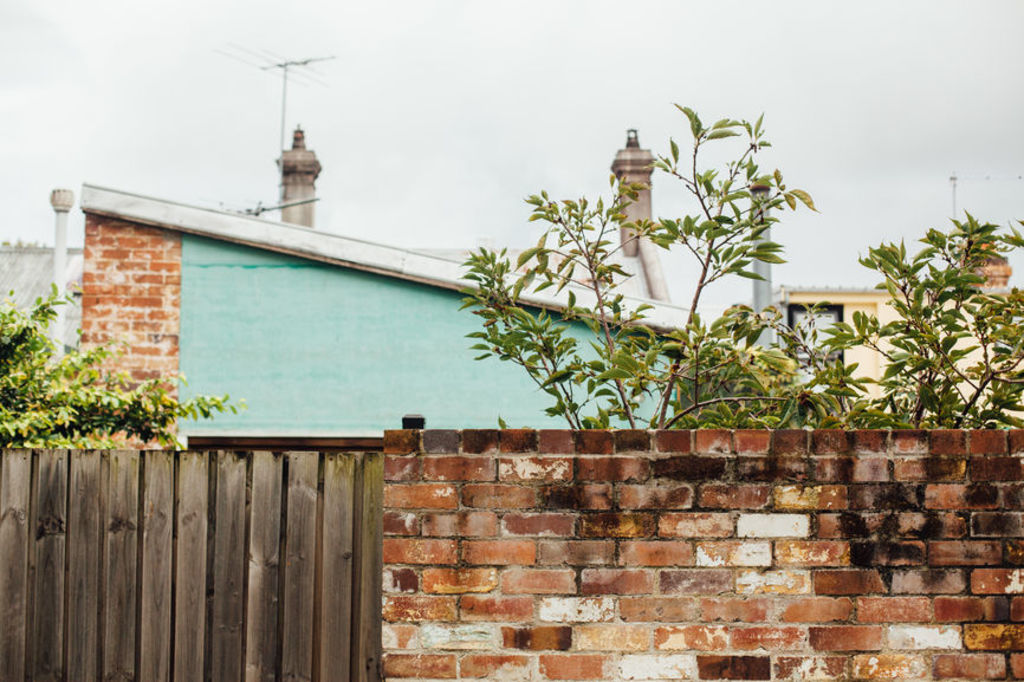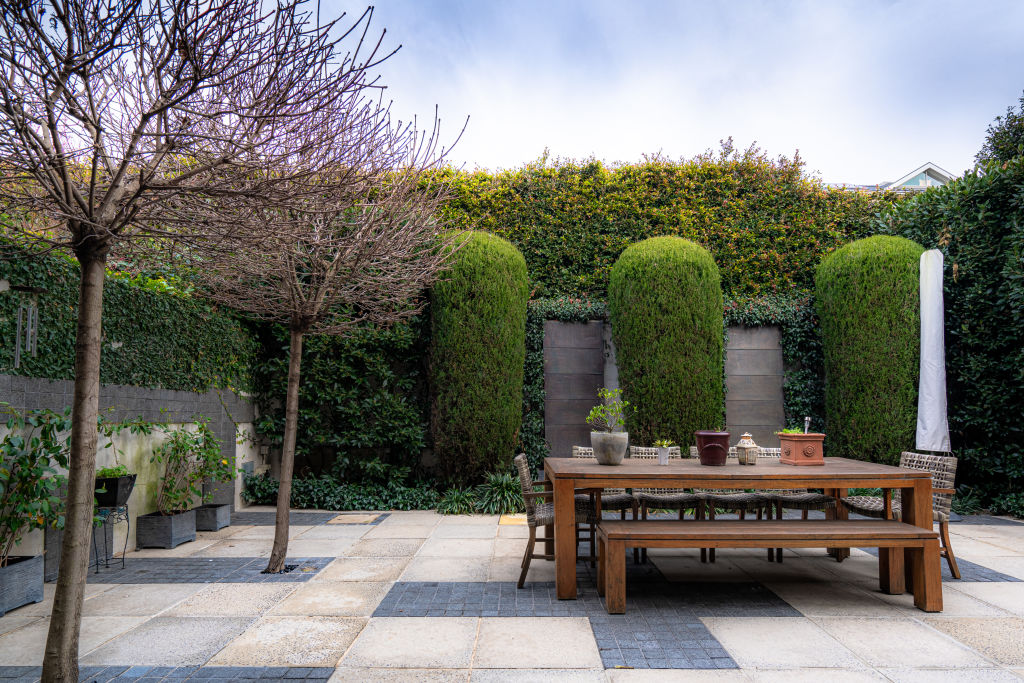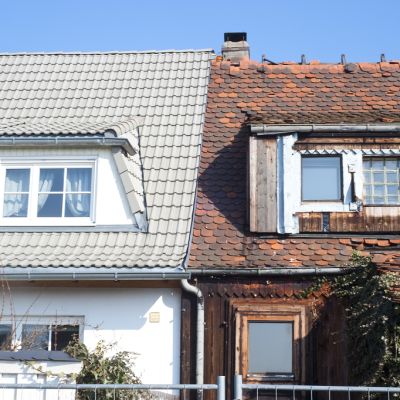Barking dogs and overgrown trees: The top causes of disputes between neighbours

Living in close quarters can bring out the best, and sometimes the worst in us. So, in a pandemic when plenty of us have spent more time than usual at home, how are our neighbourly relations?
Disputes between neighbours can start small, but if they’re not dealt with early and civilly, some problems can grow pretty big, pretty quickly.
Here are some of the most common issues that caused neighbours grief.
1. Fences

From 2018 to 2021, the Community Justice Centre in Sydney received 16,377 inquiries related to neighbourhood disputes. Fences sparked 13 per cent of those complaints, more than any other cause of dispute.
Legally, neighbours need to agree on a “sufficient dividing fence” and pay half each. Deciding what is “sufficient” can be half of the battle. Neighbours need to reach a compromise on the size, material and cost of a new fence.
When it comes to repairs, fixing some damaged palings may suit one neighbour, but the other may have grander, and more expensive, plans.
Disputes can also arise over where a fence should be or has been placed.
“People argue over the location of the fence because they believe that the neighbour installed the fence in the wrong location, reducing the size of their land,” says Rochelle Castro, strata lawyer at RC and Co Lawyers.
2. Trees and hedges

Tree and hedge growth didn’t slow down for the pandemic.
Tree and plant complaints to the Community Justice Centre in Sydney made up 12.5 per cent of all complaints, second to fences.
Jacarandas may look beautiful, but their roots invade sewer pipes and their flowers block gutters. Large trees have roots that can lift up driveways and cause cracks. Branches of gum trees can fall if they’re not pruned in time. Some pine trees also grow large quickly, blocking sunlight and views from the home office. Calling an arborist for a tree on neighbouring land can spark heated discussions, especially when money is involved.
“These are expensive arguments if the neighbours do not find an agreed solution,” Castro says.
3. Noisy neighbours

Home schooling and renovating are two noisy activities that increased during COVID, and the neighbours didn’t like it.
“With more people working from home, there was an increase in the number of pollution reports to EPA about environmental incidents, particularly noise, dust and smoke issues in 2020-2021,” says a representative from the Environment Protection Authority in Victoria.
During 2020-2021, noise complaints to the EPA rose by a huge 108 per cent in Victoria, one of the most locked-down states in the country.
“Before, building work wouldn’t have annoyed them. But given they’re now working from home, they have to take conference calls while home renovations are happening next door,” says principal lawyer at Progressive Legal Ian Aldridge.
4. Problem pets

Dog ownership increased by 19 per cent during the pandemic, according to the Animal Medicines Australia’s new Pets and the Pandemic report.
And while our pooches might be cute, they can also be noisy. With many dog owners now returning to the office, their absence will be noticed by their furry friend – and the neighbour who’s still working from home. A barking dog during the day can fray even the best neighbourly relationship.
How to solve a dispute with your neighbour
No one likes conflict. But if the neighbour’s barking dog is forcing you to take action, here are some steps you can take without too much distress.
- Talk to your neighbour. Start a friendly discussion early on, before the matter becomes stressful. They may not be aware of the issue in the first place and would like to keep the peace as much as you do.
- If talking to your neighbour doesn’t resolve the issue, try getting someone else to be part of the discussions, such as another neighbour. Make sure it’s someone impartial.
- If things escalate and talking doesn’t help, get in contact with a mediator. In NSW you can call the Community Justice Centre, or, in Victoria, the Dispute Settlement Centre of Victoria.
Taking the matter to court should be the last resort.
We recommend
We thought you might like
States
Capital Cities
Capital Cities - Rentals
Popular Areas
Allhomes
More
- © 2025, CoStar Group Inc.









